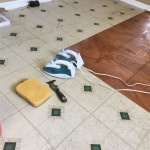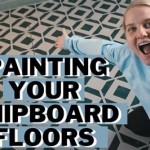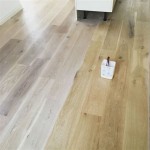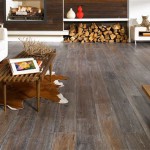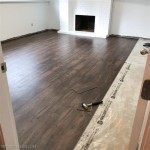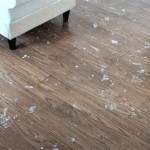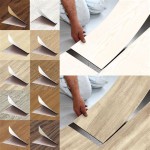Essential Considerations for Cool Stained Maple Flooring References in Revit
When incorporating cool stained maple flooring into your Revit projects, there are several crucial aspects to consider to ensure accurate and efficient representation. These considerations encompass material properties, texture mapping, lighting, and compatibility with other building elements. By understanding and applying these factors, you can enhance the realism and quality of your designs.
Material Properties
Defining the material properties of your cool stained maple flooring is fundamental. These properties include its color, reflectivity, glossiness, and transparency. By adjusting these settings, you can achieve the desired aesthetic for your flooring. For instance, increasing the reflectivity value can create a polished and glossy appearance, while decreasing it can produce a more matte finish. Similarly, adjusting the transparency can simulate the varying levels of stain absorption and grain visibility.
Texture Mapping
Texture mapping plays a significant role in adding depth and realism to your cool stained maple flooring. By applying a high-quality texture map, you can replicate the natural grain patterns, knots, and imperfections found in real maple wood. Ensuring the texture map's resolution is adequate for your project scale is crucial, as a low-resolution texture can appear pixelated and detract from the overall design.
Lighting
Lighting is essential for showcasing the intricate details and variations in your cool stained maple flooring. Proper lighting can highlight the natural grain patterns and create realistic shadows and reflections. Experiment with different lighting setups, such as natural light, artificial light, or a combination of both, to find the optimal illumination for your project. Consider using IES light profiles to simulate real-world lighting conditions.
Compatibility with Other Building Elements
It's equally important to ensure that your cool stained maple flooring complements the other building elements in your project. Consider the materials and colors of your walls, ceilings, and furniture to create a cohesive and visually appealing space. Experiment with different flooring patterns and orientations to add interest and depth. Pay attention to transitions between different flooring types and ensure seamless connections.
Additional Tips for Accurate Representation
Here are some additional tips to help you achieve accurate and realistic cool stained maple flooring references in Revit:
- Use high-quality reference images of actual cool stained maple flooring as a basis for your Revit materials.
- Pay attention to the grain direction and ensure it aligns consistently across your flooring.
- Adjust the scale of your texture maps to match the actual size of the flooring planks.
- Consider using bump maps or displacement maps to add depth and texture to your flooring.
- Test your flooring materials in different lighting conditions to ensure they respond realistically to light.
By adhering to these essential considerations, you can create highly detailed and realistic cool stained maple flooring references in Revit. These references will enhance the visual appeal of your designs and provide a solid foundation for further development.
Chronical Oak Tarkett Commercial

Contemporary Wood Flooring Vail Stonewood S

14 X 189mm Scandic White Oak Brushed Matt Lacquered Engineered Wood Flooring

Hardwood Flooring Utah Area Blog Woody S

Eima Oak Noble Maroon Lu Ultramatt Floor Kaindl

Parquet Massif Chêne Nobless Vernis Pas Cher

Spc Vinyl Flooring Wood Texture Floor Tiles And

Unveiling The Dark Side Stone Polymer Composite Flooring And Design

Gbs Waterproof Hardwood Flooring
Branched Oak Tarkett Commercial
See Also
